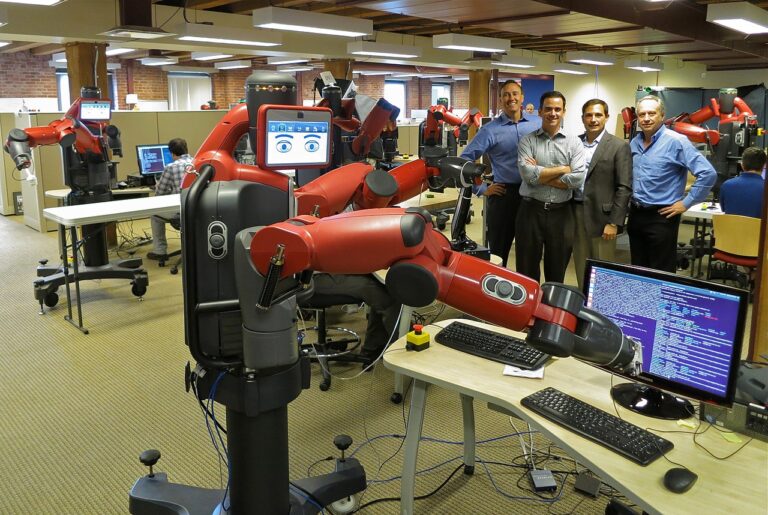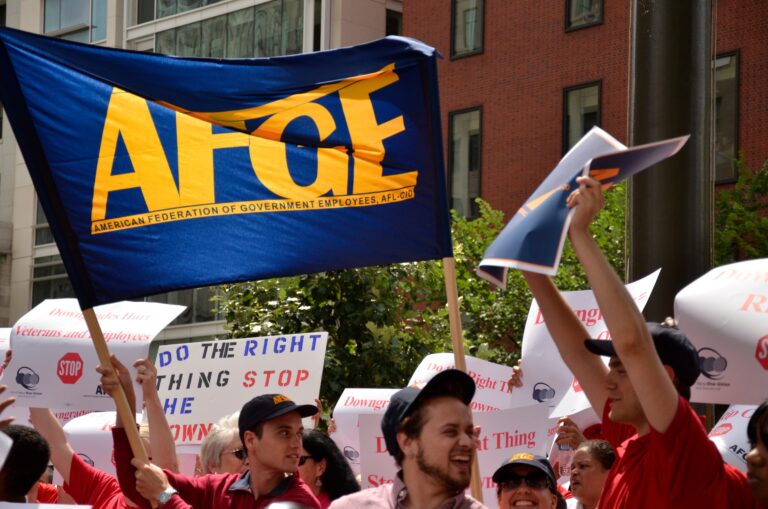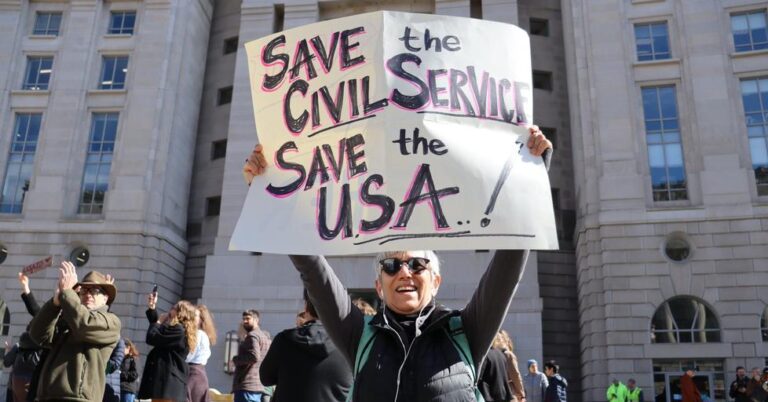This morning, in the Boston Herald, President Obama proposed a “grand bargain” for the middle class—a strategy for “breaking through the Washington logjam” and enacting policies that create jobs. As part of this bargain, the President said that he would be willing to simplify the tax code for large and small business, so long as Republicans agree to invest in: creating more middle-class jobs, rebuilding infrastructure, manufacturing more American-made goods, and training our workforce.
Meanwhile, in the New Yorker, James Surowiecki offered suggestions to reduce the number of obstacles faced by the lowest wage earners. The recommendations included increasing minimum wage and strengthening social safety nets.
In more local news, the Washington Post, the Wall Street Journal, and the Los Angeles Times provided updates on strained contract negotiations between the Bay Area Rapid Transit (BART) district and its largest unions. On Sunday, a San Francisco Superior Court judge granted Governor Jerry Brown’s request for a 60-day cooling-off period, during which the unions may not threaten or engage in a strike.
The New York Times discussed the challenges faced by a smaller group of employees in New York City. Last week, WBAI-FM, a noncommercial radio station, laid off roughly two-thirds of its staff in response to financial pressures.
An editorial in the Wall Street Journal suggested one reason why Chicago’s pension systems are underfunded: the city is locked into “unaffordable” contracts with union workers. The piece went on to hypothesize that, in order to pay for pension benefits that public-sector unions secured for their workers, the city will have to cut public-sector jobs. Robert Kuttner of the Huffinton Post provided a spirited defense of cities that are struggling financially (such as Detroit and Chicago), and cautioned that those who “use the pain of cities to undermine public employee pensions are playing with fire.”
The New York Times reported that many immigrant physicians who were educated abroad are struggling to become licensed doctors in the United States. The article noted that there is already a shortage of physicians in many parts of the United States, particularly in specialties where many immigrant physicians would practice (such as primary care).
Finally, on a positive note, the Washington Post reported that an increasing number of employers are offering workers paid time off to volunteer. Companies see this kind of benefit as a way to engage and retain employees.






Daily News & Commentary
Start your day with our roundup of the latest labor developments. See all
December 5
Netflix set to acquire Warner Bros., Gen Z men are the most pro-union generation in history, and lawmakers introduce the “No Robot Bosses Act.”
December 4
Unionized journalists win arbitration concerning AI, Starbucks challenges two NLRB rulings in the Fifth Circuit, and Philadelphia transit workers resume contract negotiations.
December 3
The Trump administration seeks to appeal a federal judge’s order that protects the CBAs of employees within the federal workforce; the U.S. Department of Labor launches an initiative to investigate violations of the H-1B visa program; and a union files a petition to form a bargaining unit for employees at the Met.
December 2
Fourth Circuit rejects broad reading of NLRA’s managerial exception; OPM cancels reduced tuition program for federal employees; Starbucks will pay $39 million for violating New York City’s Fair Workweek law; Mamdani and Sanders join striking baristas outside a Brooklyn Starbucks.
December 1
California farmworkers defend state labor law, cities consider requiring companies to hire delivery drivers, Supreme Court takes FAA last-mile drivers case.
November 30
In today’s news and commentary, the MSPB issues its first precedential ruling since regaining a quorum; Amazon workers lead strikes and demonstrations in multiple countries; and Starbucks workers expand their indefinite strike to additional locations. Last week, the Merit Systems Protection Board (MSPB) released its first precedential decision in eight months. The MSPB had been […]